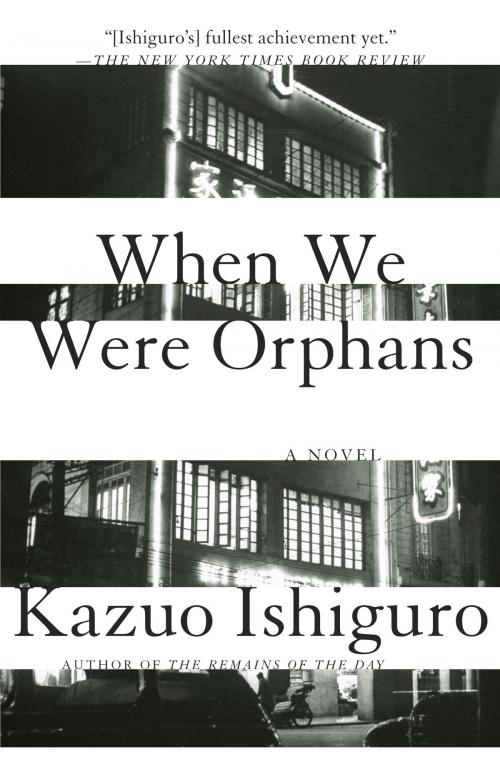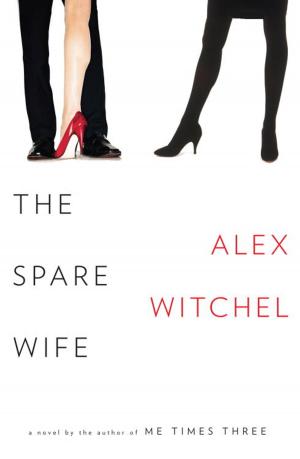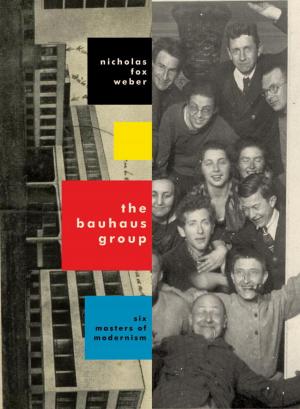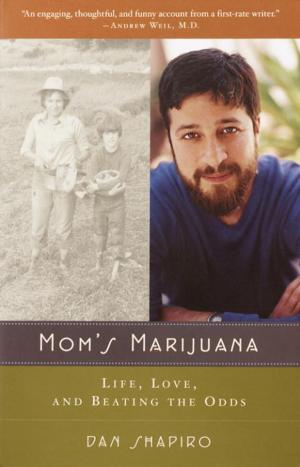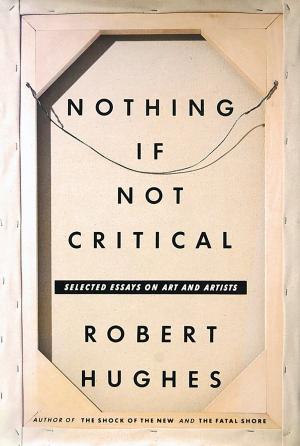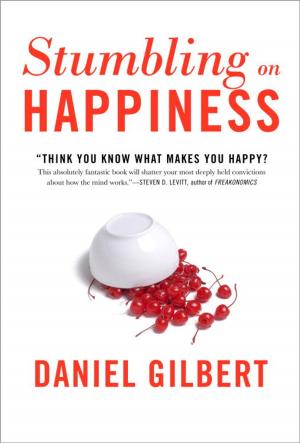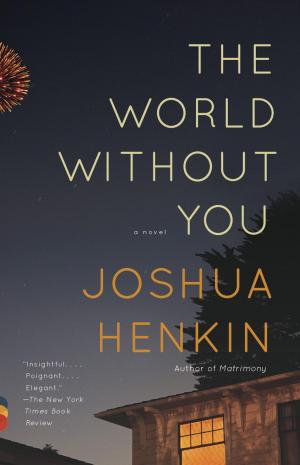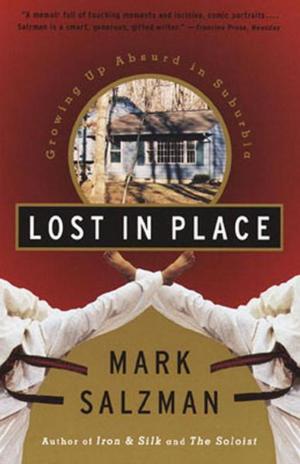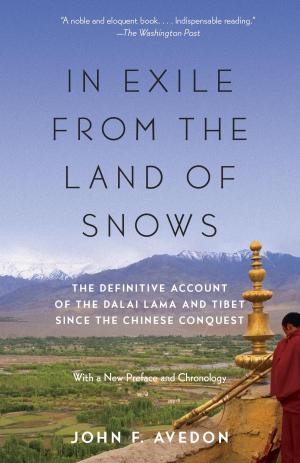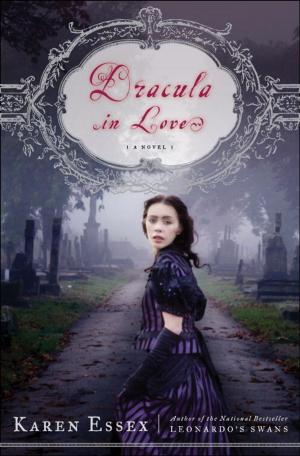| Author: | Kazuo Ishiguro | ISBN: | 9780375412653 |
| Publisher: | Knopf Doubleday Publishing Group | Publication: | January 16, 2001 |
| Imprint: | Vintage | Language: | English |
| Author: | Kazuo Ishiguro |
| ISBN: | 9780375412653 |
| Publisher: | Knopf Doubleday Publishing Group |
| Publication: | January 16, 2001 |
| Imprint: | Vintage |
| Language: | English |
British writer Kazuo Ishiguro won the 1989 Booker Prize for The Remains of the Day, which sold over a million copies in English alone and was the basis of a film starring Anthony Hopkins. Now When We Were Orphans, his extraordinary fifth novel, has been called “his fullest achievement yet” (The New York Times Book Review) and placed him again on the Booker shortlist. A complex, intelligent, subtle and restrained psychological novel built along the lines of a detective story, it confirms Ishiguro as one of the most important writers in English today. London’s Sunday Times said: “You seldom read a novel that so convinces you it is extending the possibilities of fiction.”
The novel takes us to Shanghai in the late 1930s, with English detective Christopher Banks bent on solving the mystery that has plagued him all his life: the disappearance of his parents when he was eight. By his own account, he is now a celebrated gentleman sleuth, the toast of London society. But as we learn, he is also a solitary figure, his career built on an obsession. Believing his parents may still be held captive, he longs to put right as an adult what he was powerless to change as a child, when he played at being Sherlock Holmes — before both his parents vanished and he was sent to England to be raised by an aunt.
Banks’ father was involved in the importation of opium, and solving the mystery means finding that his boyhood was not the innocent, enchanted world he has cherished in memory. The Shanghai he revisits is in the throes of the Sino—Japanese war, an apocalyptic nightmare; he sees the horror of the slums surrounding the international community in “a dreamscape worthy of Borges” (The Independent). “We think that if we can only put something right that went a bit awry, then our lives would be healed and the world would be healed,” says Ishiguro of the illusion under which his hero suffers.
It becomes increasingly clear that Banks is not to be trusted as a narrator. The stiff, elegant voice grows more hysterical, his vision more feverish, as he comes closer to the truth. Like Ryder of The Unconsoled, Ishiguro’s previous novel, Banks is trapped in his boyhood fantasy, and he follows his obsession at the cost of personal happiness. Other characters appear as projections of his fears and desires. All Ishiguro’s novels concern themselves with the past, the consequences of denying it and the unreliability of memory.
It is from Ishiguro’s own family history that the novel takes its setting. Though his family is Japanese, Ishiguro’s father was born in Shanghai’s international community in 1920; his grandfather was sent there to set up a Chinese branch of Toyota, then a textile company. “My father has old pictures of the first Mr. Toyota driving his Rolls-Royce down the Bund.” When the Japanese invaded in 1937, the fighting left the international commune a ghetto, and his family moved back to Nagasaki.
When We Were Orphans raises the bar for the literary mystery. Though more complex than much of Ishiguro’s earlier work, which has led to mixed reactions, it was published internationally (his work has been published in 28 languages) and was a New York Times bestseller.
British writer Kazuo Ishiguro won the 1989 Booker Prize for The Remains of the Day, which sold over a million copies in English alone and was the basis of a film starring Anthony Hopkins. Now When We Were Orphans, his extraordinary fifth novel, has been called “his fullest achievement yet” (The New York Times Book Review) and placed him again on the Booker shortlist. A complex, intelligent, subtle and restrained psychological novel built along the lines of a detective story, it confirms Ishiguro as one of the most important writers in English today. London’s Sunday Times said: “You seldom read a novel that so convinces you it is extending the possibilities of fiction.”
The novel takes us to Shanghai in the late 1930s, with English detective Christopher Banks bent on solving the mystery that has plagued him all his life: the disappearance of his parents when he was eight. By his own account, he is now a celebrated gentleman sleuth, the toast of London society. But as we learn, he is also a solitary figure, his career built on an obsession. Believing his parents may still be held captive, he longs to put right as an adult what he was powerless to change as a child, when he played at being Sherlock Holmes — before both his parents vanished and he was sent to England to be raised by an aunt.
Banks’ father was involved in the importation of opium, and solving the mystery means finding that his boyhood was not the innocent, enchanted world he has cherished in memory. The Shanghai he revisits is in the throes of the Sino—Japanese war, an apocalyptic nightmare; he sees the horror of the slums surrounding the international community in “a dreamscape worthy of Borges” (The Independent). “We think that if we can only put something right that went a bit awry, then our lives would be healed and the world would be healed,” says Ishiguro of the illusion under which his hero suffers.
It becomes increasingly clear that Banks is not to be trusted as a narrator. The stiff, elegant voice grows more hysterical, his vision more feverish, as he comes closer to the truth. Like Ryder of The Unconsoled, Ishiguro’s previous novel, Banks is trapped in his boyhood fantasy, and he follows his obsession at the cost of personal happiness. Other characters appear as projections of his fears and desires. All Ishiguro’s novels concern themselves with the past, the consequences of denying it and the unreliability of memory.
It is from Ishiguro’s own family history that the novel takes its setting. Though his family is Japanese, Ishiguro’s father was born in Shanghai’s international community in 1920; his grandfather was sent there to set up a Chinese branch of Toyota, then a textile company. “My father has old pictures of the first Mr. Toyota driving his Rolls-Royce down the Bund.” When the Japanese invaded in 1937, the fighting left the international commune a ghetto, and his family moved back to Nagasaki.
When We Were Orphans raises the bar for the literary mystery. Though more complex than much of Ishiguro’s earlier work, which has led to mixed reactions, it was published internationally (his work has been published in 28 languages) and was a New York Times bestseller.
